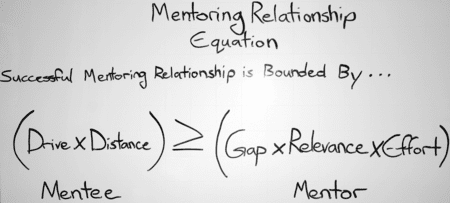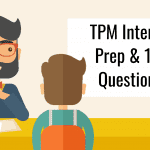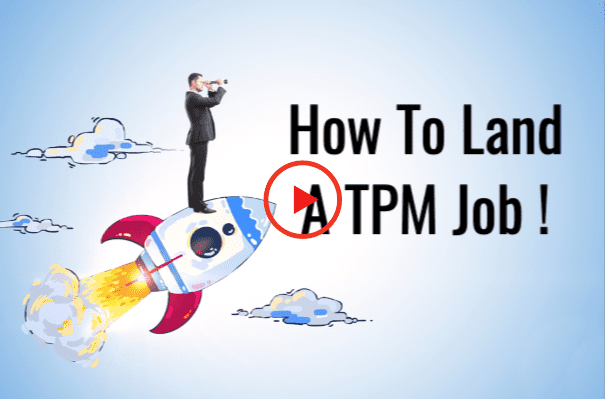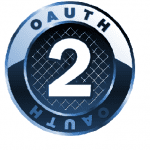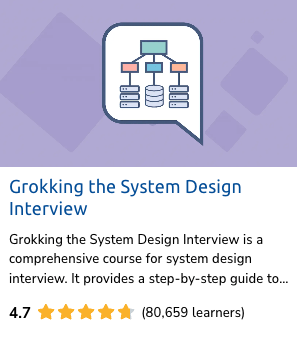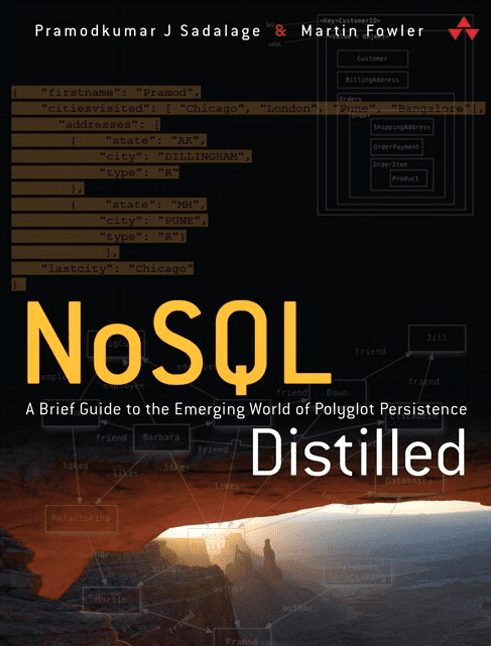Last updated on October 5th, 2024 at 01:08 pm
Getting the mentoring equation right ! I find that that there are three ways to take things to the next level
1) Experience
2) Finding the right mentors & seeking guidance
3) Ideas from Various Mediums – Books, Podcasts, Online Classes, Seminars.
The first one “experience” is probably the best way to learn and grow as individual. However it is time consuming and implies that your current role is giving you opportunities you are looking for. Though it is said that nothing can compare to real experience it can be supplemented with other things we are going to discuss about.
The second “finding the right mentor” is a fantastic way to learn and get guidance from someone who has already walked your path, someone who can most likely foresee the road ahead, the implications to your decisions etc,.
The last one is “Various Mediums” I think that in today’s fast paced world a lot of us seriously undervalue the knowledge that can be effectively gained from books, online classes, to our detriment. For every skill you wish to acquire or new information you wish to glean there is a book out there and it’s only our lack of initiative that is stopping us. I had this epiphany pretty recently, I realize that it sounds ignorant but as they say it’s better late than never. Over the last couple of months I have created an Amazon Reading List, the list is public and I will not be removing stuff that I finish reading so you can follow it. Of course books are added based on what I think I personally need to learn and improve on and things I find interesting. Please feel free to suggest books you think are a good read as well.
Coming back to Mentoring ! I for one have always struggled to find the right mentors. I think it’s a combination of finding a suitable mentor and having the courage to approach the person to ask for help. I usually get stuck at the first step of “identifying a mentor”.
Over the last couple of months it has dawned on me that mentors do not need to be lofty gods who you may never have access to. Ideas, encouragement, knowledge can all be found even from your peers. So reach out to people within your organization that you may look up to or even find someone on Linkedin in grab a coffee. You may realize that you have so many thing in common and can help each other.
What is mentoring anyway? Mentoring is a two way developmental relationship where the mentor and the mentee share their knowledge, skills, information, and perspective to foster the personal and professional growth of each other. Sometimes this is a one way street but I’ll touch on that later. The beauty of a relationship of this sort is that it creates an invaluable opportunity for collaboration and problem solving. The personalized nature of this relationship means you can decide the areas you would like to focus on during the course of your growth.
Differences between Coaching and Mentoring
There is a very thin line between mentoring and coaching.
Mentoring is a developmental relationship focused primarily on helping the mentee advance his career path or personal life into their future. Coaching on the other hand is a developmental relationship where the coach is focused on helping the coachee learn information or skills in order to better perform a current task or job assignment or find a solution to a problem that they are having. Coaches have a large toolbox of strategies and tools that they can give the coachee depending on the situation at hand. Over the last 6 to 8 months I have met some wonderful coaches and have been enlightened of the tremendous value that they can bring to the table. If you see your VP or CEO and think that he is extra charismatic or if he is really good at articulating his thoughts it’s very likely that he has had a coach to guide him somewhere along the climb up the ladder.
I really need help staying on the topic !! hahaha. Let’s move on to what it takes to be a good mentor. A mentor needs to be someone who is inspiring and motivational in general, someone who can be a role model, a teacher and who know how to cultivate a relationship, someone who can see the horizon of what is to come and preferably someone who has already walked the path that you are on. It is the mentor’s responsibility to build the trust and champion his mentee to take risks and impart valuable knowledge.
The mentee on the other hand is responsible more from a tactical aspect, to evaluate and build a plan of action of what he is expecting to get from his mentor and how best he can leverage the expertise of his guide. The Mentee is responsible to proactively engage the mentor and also be eager to learn and grow.
The evolution of the mentor- mentee relationship is a beautiful blossoming process if done right. But it really needs a lot of work. The mentee and the mentor need to agree on goals and timelines and establish mutual trust and build a relationship and this can be accomplished only by honest dialog that both can commit to. Setting achievable SMART ( Specific, Measurable, Achievable, Realistic, Time-based) goals is paramount and its is imperative to make smaller daily / weekly goals and work actively towards them. It would be a good idea to have ongoing touch points, maintain the relationship and measure the success of the engagement by evaluating the progress the mentee has made towards his goals.
I believe that this is if that there are specific problems that an individual is looking to solve a Coach could also help.
Moving on, I love the below image published in HBR.
The Mentoring Equation – HBR
It goes on to say “How badly does the mentee want to advance his/her career and how much ground do they feel they need to cover to get there?
Drive = How motivated is the mentee?
Distance = Where is the mentee in terms of experience vs. where they need/want to be?
The mentor asks: Can I help and how much effort will it require?
Gap = The amount of experience the mentor has compared with the mentee.
Relevance = The distance between the mentor’s expertise and the mentee’s goal.
Effort = the amount of work that it will take to bridge any gaps of experience or relevance.” You can find the full article here.
I believe this hits the nail on the head and really needs no further explanation. Read the article for more info. I hope this post had everything you need to find and sustain a relationship with your mentee or mentor.


